#Jean Valjean
Text
I don't think we talk enough about that one line in the French version of Stars (Sous les étoiles)
English version

French version

Which can be roughly translated to "I will not grow weak / As long as he's not / Kneeling before me"
The inspector in VF is thinking thoughts, if you know what I mean...
#les miserables#les mis#les miz#les miserables fanart#les mis fanart#javert les mis#les mis valjean#jean valjean#javert#inspector javert#valvert
108 notes
·
View notes
Text
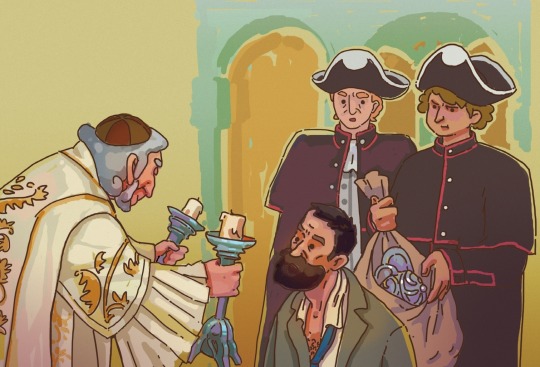
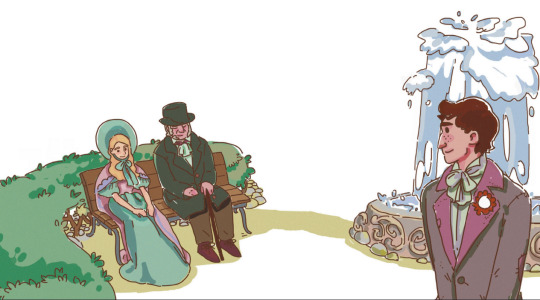


Select illustrations from this 2017 children's chinese language version of Les Miserables.
#les miserables#Jean Valjean#Bishop Myriel#Cosette#Marius Pontmercy#valjean#very very special thank you to my friend Vic for finding these!
143 notes
·
View notes
Text
86 notes
·
View notes
Text
Wait, how does the justice system work in Fallinel?
So, it's been confirmed by Brennan that elves in Spyre are immortal when they live in their homeland. This means that prison sentences in Fallinel are inherently useless - put Telemaine in jail for 1000 years and he'll come out the other side and say "hello again, tell me, what is fleek these days?"
The only confirmed method of punishment is Aelwyn and Adaine's incarceration during Sophomore Year, the magical equivalent of a torture chamber. To avoid this, Aelwyn goes into hiding in Solace - therefore losing her immortality (unless maybe she lives in the ruins of the Abernant home, which is politically Fallinel soil).
So, are all elven criminals punished by brutal multiple-year torture sessions? Did Jænn Væljænn spend 19 years sleepless in an orb for stealing a loaf of lembas?
Or, does Fallinel deprive its criminals of their right to life, by banishing them from their homeland and taking away their immortal lifespan?
I mean. I guess Fallinel probably doesn't have elven rights coded into their Dancers' Constitution. But still. It's kinda fucked up.
#d20#fantasy high#brennan lee mulligan#junior year#fhjy#aelwyn abernant#adaine abernant#telemaine lomenelda#fallinel#court of stars#d20 memes#les mierables#jean valjean#dimension 20
80 notes
·
View notes
Note
Opinion on stars, Inspector?

They never change.
56 notes
·
View notes
Text
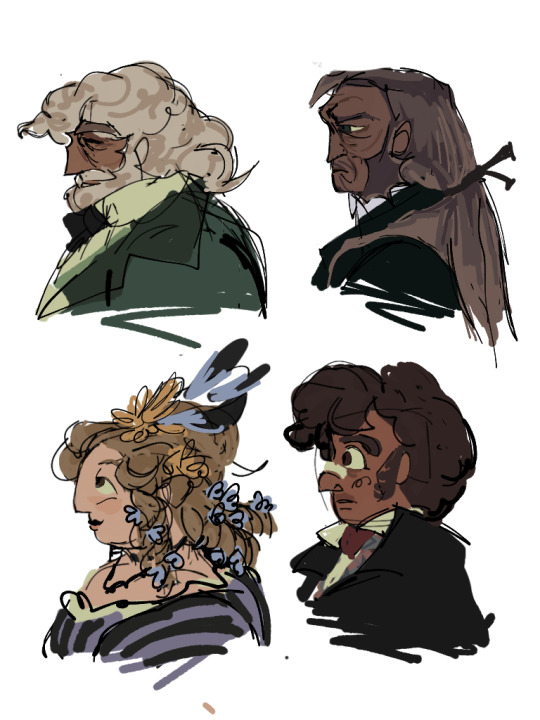

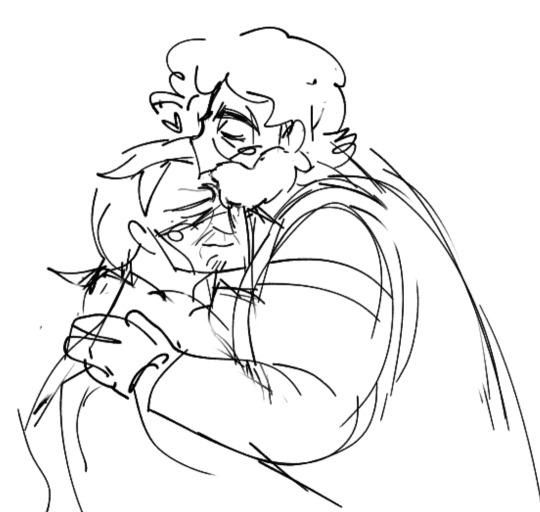
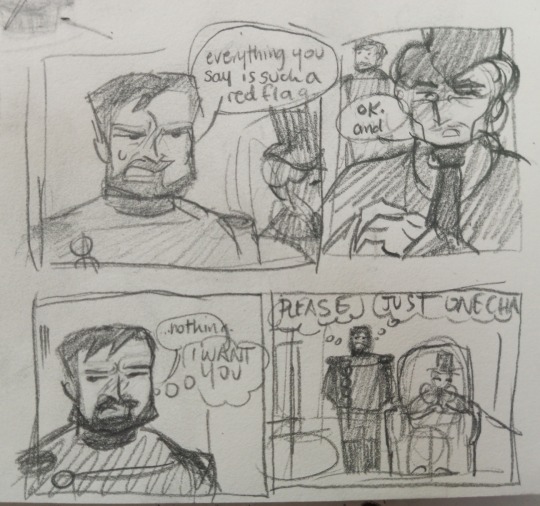
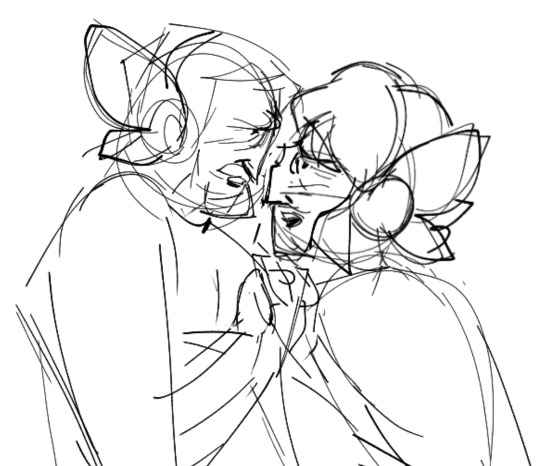
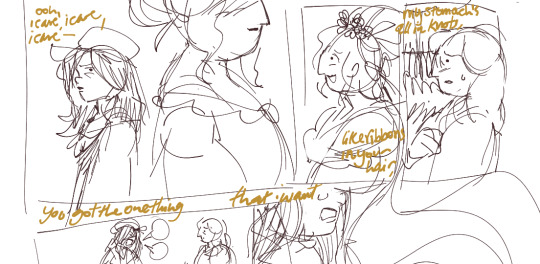
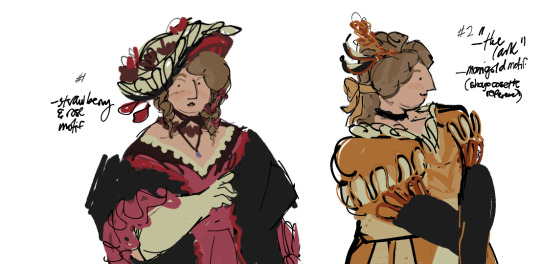



another les mis art dump WOOO
#les mis#les mis fanart#jean valjean#inspector javert#cosette#valvert#eponine#marius pontmercy#fantine
45 notes
·
View notes
Text
While there's some things I enjoyed about the 1998 Les Mis Movie, I will NEVER forgive the ending. I'm sorry, but there is no world where Valjean would walk away smiling as Javert kills himself. Like, I'm not just saying this as a Valvert shipper - I truly think it's such a genuine disservice to Valjean's character to do that, considering that JVJ saves and forgives Javert MULTIPLE TIMES in canon. Valjean would not smile at anyone's death, especially not anyone's SUICIDE! Even if that person is Javert! He saved Javert's life, and you write him SMILING AS HE DIES? NO WAY!
#les mis#les miserables#jean valjean#valjean#javert#valvert#lowkey the les mis anime healed me from the 1998 les mis#with javert choosing to live#and listen. valvert is my les mis otp. right on par with exr.#so YES my opinion is biased#but also. old man yaoi aside#HE WOULD NOT FUCKING DO THAT!#VALJEAN WOULD JUMP INTO THE SEINE AND SAVE JAVERT OKAY#sky speaks
20 notes
·
View notes
Text
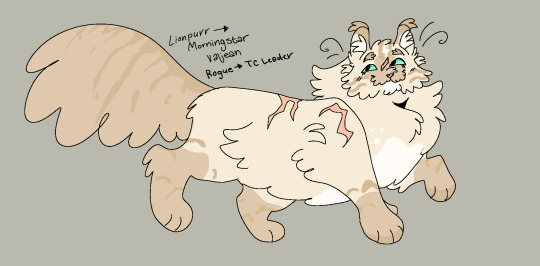

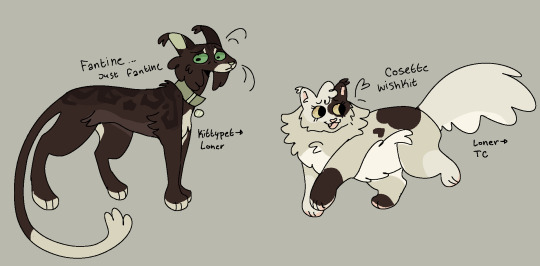
cat
#do you guys fw warrior cats Les mis au#☝️😕#les miserables#warrior cats#warriors#jean valjean#javert#fantine#cosette#my art
21 notes
·
View notes
Text
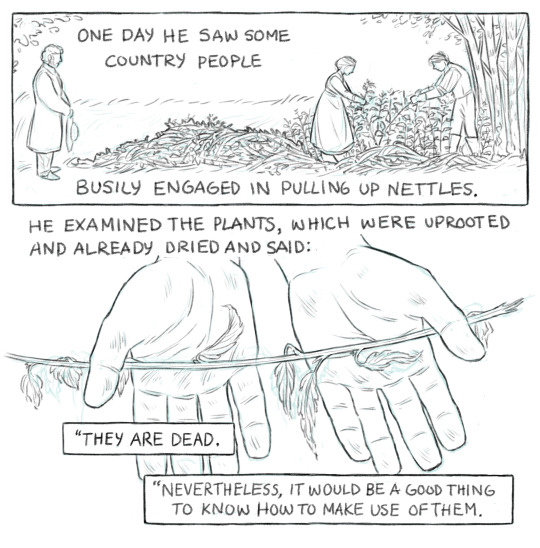


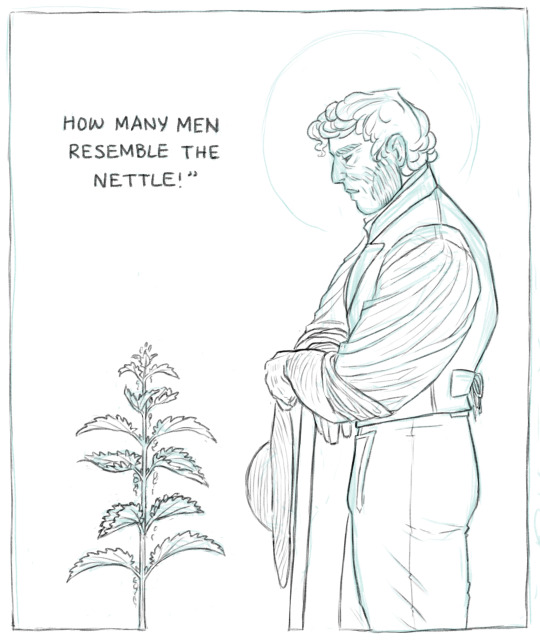
He added, after a pause: “Remember this, my friends: there are no such things as bad plants or bad men. There are only bad cultivators.”
Les Misérables, Volume I / Book V / Chapter III, trans. Hapgood
#is this anything? idk I've been looking at it too long to tell. anyways I just really liked this passage#^ the text here is a little abridged tbc bc i couldn't draw all the uses of nettles he lists etc#I think I might also color that last panel separately bc I'm really pleased with it tbh#thoughts#my art#les mis#jean valjean
44K notes
·
View notes
Text
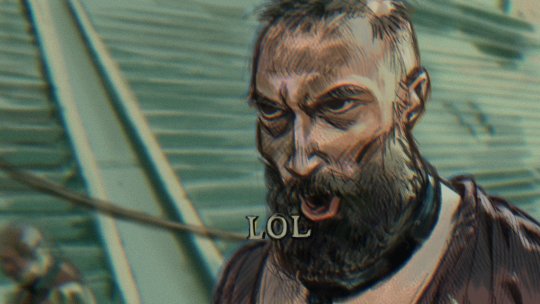
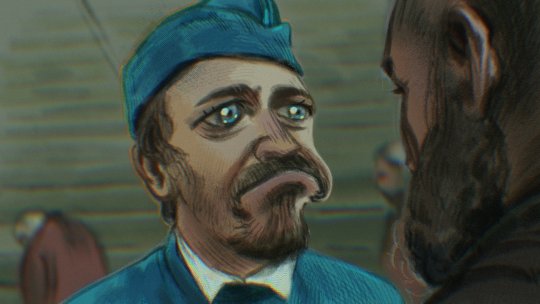
2fort
(happy 10th anniversary to the best ytp out there)
OP is using the original video (and the reanimated) to raise funds for trans lifeline so it just confirms this is the best ytp :)
14K notes
·
View notes
Text

tiktok comments: the gifts that keep on giving
#remember enjo ass? he's back#the jorjor wel legacy continues#jorjor wel#jon val jon#ja ver#enjo ass#les mis#les miserables#enjolras#jean valjean#javert#tiktok comments
1K notes
·
View notes
Text
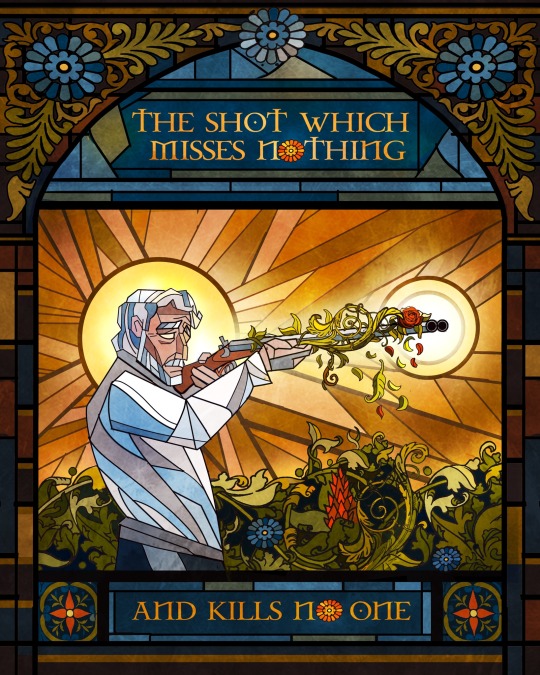
“He is a man who does good by gunshots.”
The description of Jean Valjean’s marksmanship as “the shot which misses nothing and kills no one” has always stuck out to me as a metaphor for his character as a whole. He’s highly skilled at violence, but chooses to use his skills for pacifism instead. He fires a gun expertly,—but only to hit off soldier’s helmets or knock down furniture for the barricade, and never to kill. It’s similar to how he uses his ‘frightening’ convict strength to save Fauchelevent from under the cart. He’s very “Iron Giant”-like in the sense that he’s been ‘built’ for violence and is in a system that repeatedly tries to force him to be violent, but is determined to remain peaceful at any cost to himself; it’s about all the great “terrifying” power being used only for gentle pacifistic reasons….
2K notes
·
View notes
Text
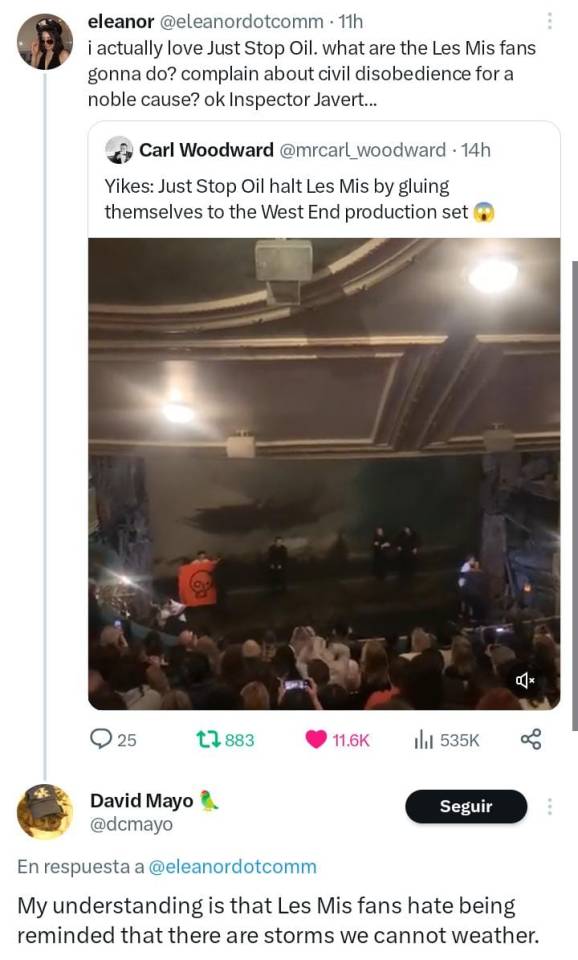
im crying
#les mis#les miserables#enjolras#grantaire#les amis#les amis de l'abc#enjoltaire#jean valjean#combeferre#courfeyrac
2K notes
·
View notes
Text
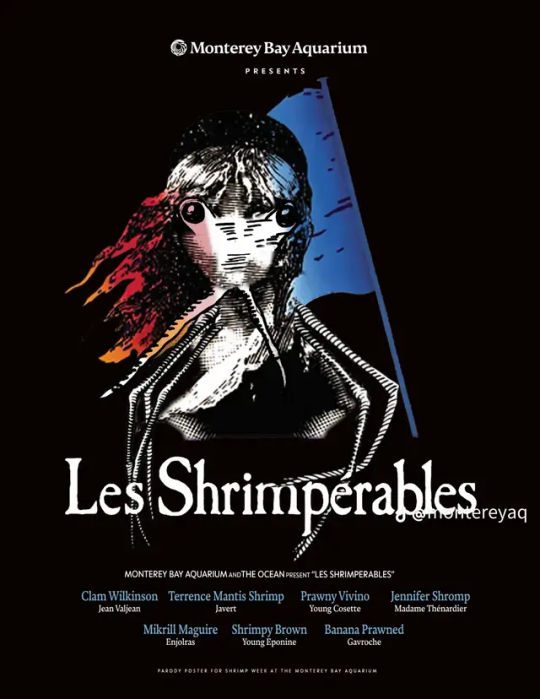
THIS WAS POSTED ON THE OFFICIAL MONTEREY BAY AQUARIUM TIKTOK
#MY NEW FAVORITE THING#les miserables#les mis#jean valjean#javert#polaris post#thank you to @chilimacdog for showing this to me#op
858 notes
·
View notes
Note
You can't ignore me, Javert.
I'm the voice you hear in your head before you fall asleep. I'm the voice you hear everytime you think back to that night. And you know that i'm telling the truth.
Why didn't you die, Javert ?
Why are you still alive ?

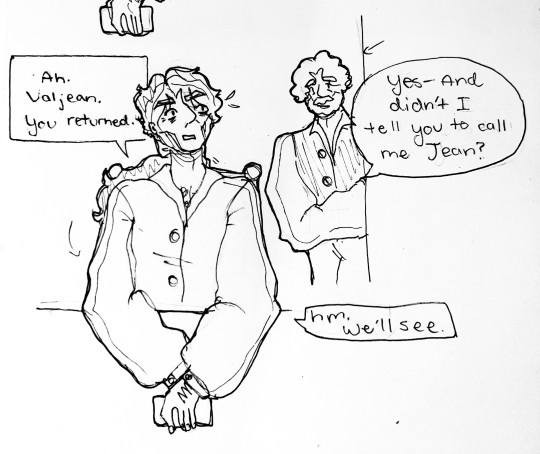

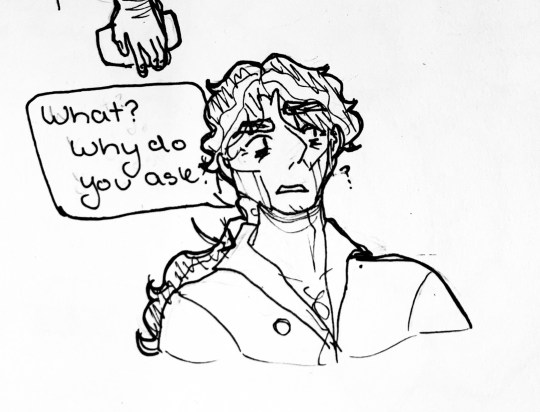



Hm. At least someone is.
#ooc: holy CRAP on a FUCKER this took me liek 5 hours to draw#youch my arm#inspector javert#javert#les miserables#jean valjean#valvert#les mis#cosette
22 notes
·
View notes
Text
Another reason I dislike Les Mis adaptations that make Jean Valjean constantly openly angry/violent is because they miss that Jean Valjean is not allowed to be angry. The fact he is forbidden from expressing anger is, I argue, actually a very important part of his character in the novel!
One of the subtler political messages of the story is that some people are given freedom to express anger, while others are forced to be excessively meek and conciliatory in order to survive.
Wealthy conservatives like Monsieur Gillenormand can “fly into rages” every five minutes and have it treated as an endearing quirk. Poor characters like Fantine or Jean Valjean must be constantly polite and ingratiating to “their superiors” at all times, even in the face of mockery and violence, or else they will be subjected to punishment. If Gillenormand beats his child with a stick, it’s a silly quirk; if Fantine beats a man harassing her, she is sentenced to months in prison.
(Thenardier and Javert are interesting examples of this too. Thenardier acts superficially polite and ingratiating to his wealthy “superiors” while insulting them behind their backs. Javert, meanwhile, is completely earnest in his mindless bootlicking. But I could write an entire other post on this.)
The point is that….Jean Valjean has to be submissive and self-effacing, or he puts himself in danger. He can’t afford to be angry and make scenes, or he will be punished. The only barrier between himself and prison is his ability to be so “courteous” that no one bothers to pry into his past.
Jean Valjean is excessively polite to people, in the way that you’re excessively polite to an armed cop who pulls you over for speeding when you secretly have a few illegal grams of marijuana in the your car trunk. XD It’s politeness built on fear, is what I mean. It’s politeness built on a desperation to make a powerful person avoid looking too closely at you.
It’s politeness at gunpoint.
Jean Valjean has also spent nineteen years living in an environment where any expression of anger could be punished with severe violence. That trauma is reflected in the overly cautious reserved way he often speaks with people (even people who are kind and would never actually hurt him.)
So adaptations that have Jean Valjean boldly having shouting matches with people in public and beating cops half to death without worrying about the repercussions just make go like “???”
Because that’s part of what’s fascinating about Jean Valjean to me? On one hand, he is a genuinely kind compassionate person, who cares deeply about other people and behaves kindly out of altruism. But on the other hand, he was also “beaten into submission” by prison, and forced into adopting conciliatory bootlicking behaviors in order to survive. And it can sometimes be hard to tell when he is being kind vs. when he is being “polite” — when he is speaking and acting out of earnest compassion vs. when he is speaking and acting out of fear.
The TL;DR is that I think it’s important that even though Jean Valjean is very (justifiably) angry about the injustice that was inflicted on him, his anger is harshly policed at all times— by other people, and by himself. He has been told his anger is wrong/selfish so often that he believes it. His anger takes weirder more unhealthy forms because he has no safe outlet for it. His rage at society becomes a possessiveness towards Cosette and silent hatred of Marius, but primarily it becomes useless self-destructive constant hatred of himself. And while I might be phrasing this wrong, I think that’s what’s interesting about Jean Valjean’s relationship with anger— the way his justified fury at his own mistreatment gets warped into more and more unhealthy forms by the way he’s forced to constantly repress it.
#les mis#les mis letters#jean valjean#don’t mind me just Valjeanposting#you know I’m doing okay when I’m Valjeanposting#but yeah I can’t remember the first person who started talking about this concept with me#(it was years ago)#but now I think about it constantly#when you read the book looking through that lens#of certain charcaters being forced to act conciliatory and polite ‘under threat of violence’#you notice it constantly#it’s such a running Thing#and you could write tons of posts about it on www.tumblr.com
1K notes
·
View notes